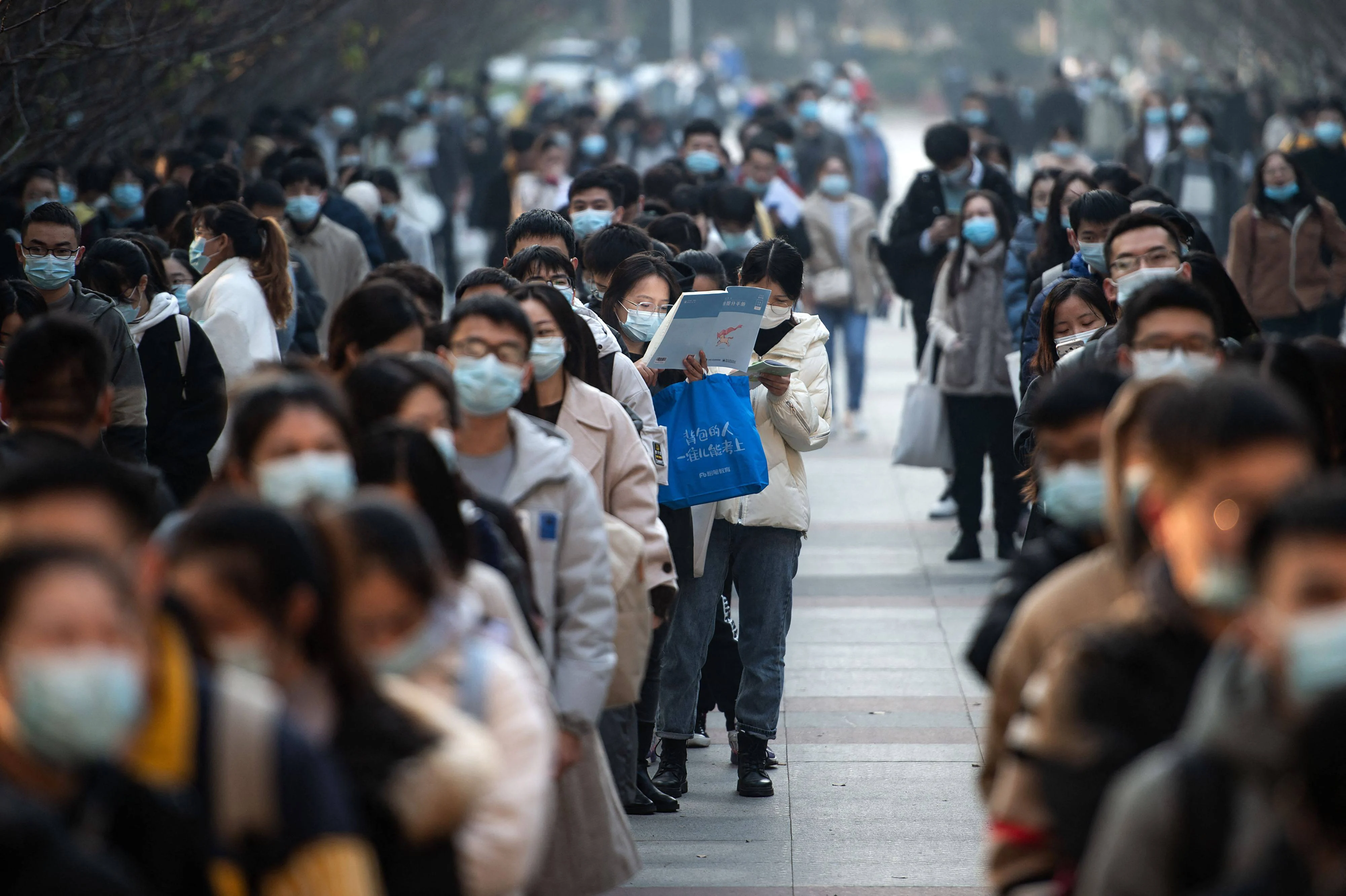Men still being favoured over women for China’s top leadership positions
The poor representation of women in China’s National People’s Congress (NPC) has raised suspicion over lowering stature of women in China. Even as China celebrated International Women’s Day, the Global Community raised eyebrows over absence of women representation in China’s top political circles. The current Politburo has 24 men and no woman. According to an opinion piece in South China Morning Post, women have fewer representations in the Central Committee of Communist Party of China with no clear upward trend and only slight fluctuations in this figure.
Writer Andrei Lungu pointed out that women have usually been passed over when it comes to promotions at the high levels of power and only a handful of China’s current provincial party secretaries and governors are women. Restricting the pool of candidates inevitably means that several politicians would end up on higher positions despite being inferior in knowledge and competency then their female counterpart. He stated that Chinese women work alongside men and contributes in almost every domain and at almost every level in the Chinese society. All of China reaps the benefits of their participation and representation. However, their representation is negligible when it comes to Politics.
The past two decades represented the pinnacle of female representation in the Politburo, and that’s with just one woman representation among 25 members. There were two women representative in the Politburo formed in 2012 and 2017. But this time, not a single woman has been given representation in the 24- member Politburo.
This contrasts with the NPC, where women represent more than a quarter of members, up from 20 per cent as compared to their representation in last two decades. But NPC lacks the power and influence as compared to the Politburo or the Central Committee. It simply means that higher you move up the political ladder in China, the fewer women you will notice, until they become completely absent.
With the passage of time, women’s participation in politics and decision making positions has improved in major countries across the world except China. The United Nations report has expressed its concern over the absence of women among China’s top leadership. The report, released last year did recommend China to adopt statutory quotas and a gender parity system to quicken equal representation of women in government. The UN Committee on the Elimination of Discrimination against Women published a report in June last year. The committee stated that despite increase in women representation in political and public life of China, women only represent 26.54% of deputies to the 14th NPC.
According to the report, “Since October 2022, there have been no women among the 24 members of the politburo of the CPC for the first time in 20 years, and no women among the seven members of the standing committee of the politburo.” The report urged China to increase the number of women in all government bureaus including the Judiciary and Foreign Service, particularly at decision making positions.
A number of experts have blamed the Xi Jinping government for the declining participation of women in decision making positions. A huge decline in women representation in the politics and government decision making positions as well as increase in gender disparity among the workforce have been noticeable since Xi came to power. Women activists have been prevented from raising their voice against discrimination. Also the Chinese government has increasingly emphasized the value of traditional roles for women as mothers and care takers.
Besides political positions, the scanty representation of women in government jobs is also a matter of serious concern. A recent survey of the annual recruitment drive for the National Civil Service by the Inspection Squad for Workplace Gender Discrimination brought forward startling revelations about the gender disparity in the recruitment of women in government jobs. According to the study, more government positions were reserved for men than for women. Men have a significant advantage over women when applying for government jobs in China.
The research team found that of the nearly 40,000 jobs being advertised many specified that they were “men-only” or “women-only” jobs. Among them, there were 10,981 jobs earmarked for men compared with only 7,550 for women. “The gender discrimination is worst in the provincial bureaus of central government agencies, such as the Ministry of Railways or the People’s Bank of China, where more than 40 per cent of the positions have gender preferences”, according to the research which has sent shockwaves among women activists in China and across the globe. SCMP Daily has also reported that among all the positions, only the revenue service, customs and census and statistics agencies have an even gender split, while the others preferring more men over women.
Activists however suggested that President Xi Jinping can allow women in China to have more participation in politics and decision making positions in order to truly hold up half the sky and remove the glass ceiling that has prevented them from touching that sky until now. They think that it will truly be the greatest gift by Xi Jinping not just to the women, but to the whole of China.













